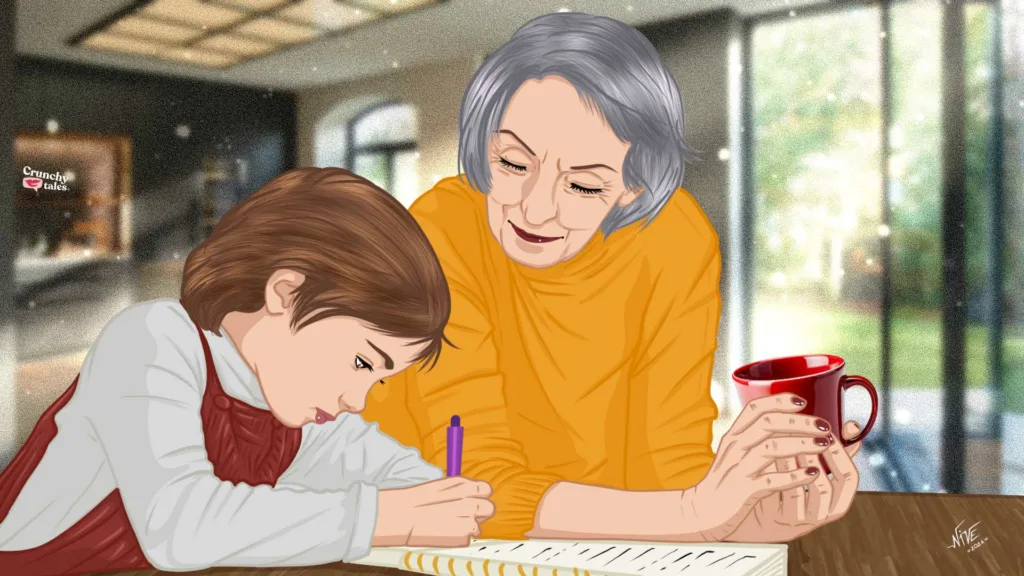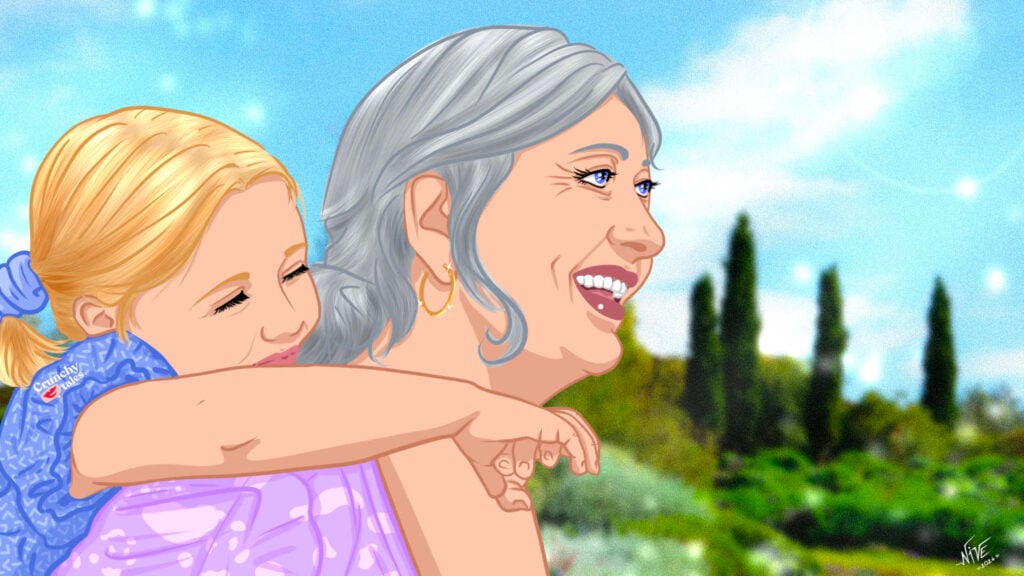Grandparent Alienation: The Hidden Heartache No One Talks About
Imagine watching your grandchildren grow up only through Facebook photos—if you’re lucky. Or worse, not at all. For several grandparents across the U.S., this is a heartbreaking reality.
For Darlene and Ken Tipton, founders of FosterFolks.com, the pain of grandparent alienation hit home in 2016. “Our daughter stopped speaking to us after the election,” Darlene recalls. “And just like that, we lost our grandkids.” But instead of retreating into grief, the Tiptons took action. What started as sorrow became a mission—and then a movement.
What Is Grandparent Alienation?
Grandparent alienation is a heartbreaking and often hidden family struggle where grandparents find themselves suddenly cut off from their grandchildren’s lives. It usually happens when parents—whether intentionally or unknowingly—limit or block contact between the generations.
This can look like missed phone calls, canceled visits, or even children being encouraged to forget or reject their grandparents.
For many grandparents, this isn’t just about missing time together—it’s about losing a treasured role in their family, a sense of purpose, and the joy that comes with passing down love, stories, and wisdom. And for grandchildren, growing up without grandparents means missing out on a special source of unconditional support and connection that helps shape their identity.
It’s a quiet pain that affects whole families, yet few talk openly about it.

The Hidden Heartache No One Talks About
Grandparent alienation is quietly sweeping across the U.S., increasingly recognised as a form of child and elder abuse—an emotional ordeal that seldom receives public attention, affecting an estimated 10–15% of grandparents—roughly one in seven.
A landmark survey of 551 grandparents subjected to alienation identified 13 manipulative tactics used by parents, with 95% reporting denial of information and 94% reporting restricted contact. These tactics—ranging from emotional manipulation and secret-keeping to false accusations and brainwashing—can devastate grandparents’ well-being and life satisfaction.
The reasons vary: political rifts, divorce, family feuds, or a parent’s decision to sever ties. For many older people, especially those who’ve long imagined retirement filled with birthday parties, sleepovers, and holiday traditions, the loss is profound.
As Dr. Joshua Coleman, a clinical psychologist, author of Rules of Estrangement: Why Adult Children Cut Ties and How to Heal the Conflict reminds us: “What people don’t realize is that estrangement is a cataclysmic event in a family, it’s not dyadic, it’s not triadic. It affects the whole family system. It’s typical that if an adult child cuts off a parent, they also deny access to the grandchildren, even if the grandparents were reasonably good grandparents. It can divide siblings against sibling.”
The Emotional Aftershock
Many of them experience what psychologists call “ambiguous grief“—grieving a relationship that is lost even though their grandchildren are still alive. But despite the emotional toll, grandparents in the U.S. face an uphill legal battle: state laws typically grant primary authority to parents regarding child contact, making court-mandated grandparent access difficult and inconsistent.
The psychological effects of grandparent alienation to bereavement may include:
- Depression and Anxiety: Grandparents who are suddenly cut off from their grandchildren often experience a deep sense of loss, confusion, and helplessness with feelings of being erased.
- Loss of Purpose: Many grandparents describe a deep loss of identity, particularly in cultures where family is central to self-worth.
- Social Withdrawal: The shame of estrangement can lead to secrecy and silence, increasing isolation and loneliness in later life.
It’s not just about missing the kids. It’s about identity, legacy, and love being cut off.

Introducing Foster Folks: Grandparents by Choice
Luckily, out of this pain came FosterFolks.com, a new online platform designed to create chosen families. Think of it as matchmaking for meaningful intergenerational bonds—not romance, but relationships.
Launched in May 2025 in the U.S. and planning global expansion in 2026, Foster Folks is free to use and functions like a safe, welcoming space where older adults can connect with families and individuals seeking the wisdom, warmth, and care of grandparents.
From an interactive map of users by zip code to personalized filters (like shared interests or political views), it helps people forge the kind of relationships that can change lives—on both ends. There’s even an option for “foster aunts and uncles,” especially popular in LGBTQIA+ communities.
“Grandparent alienation is a growing issue, with support groups in every state”, explains Ken. “At the same time, many families don’t have grandparents in their lives. Our platform is here to bridge that gap.“
The idea here is not to replace a biological family.
“We’re building a chosen family,” says Darlene Tipton. “People are craving connection now more than ever, and we’ve created a safe, welcoming space where they can find it.”
A Growing Movement—And a National Day of Awareness
Since launching, Foster Folks has seen enthusiastic uptake, with users registering in every state. And the movement is gaining recognition: June 14th has been officially recognized as Grandparent Alienation Awareness Day, giving voice to a silent epidemic.
Support groups like Alienated Grandparents Anonymous are also growing, offering emotional aid and community to those grappling with estrangement. Meanwhile, online platforms such as Surrogate Grandparents USA show that demand for alternative family structures is both real and rising.
Whether you’re grieving estrangement, navigating a complicated family dynamic, or simply longing for deeper connection, know this: your story is not over. There is still room for love, legacy, and chosen family.
Feeling alienated? Longing to grandparent again? Visit www.fosterfolks.com, or connect with a support group like AGA. Your tribe is waiting.
Like this post? Support Us or Sign up to our newsletter to get more articles like this delivered straight to your inbox!






This Post Has 0 Comments